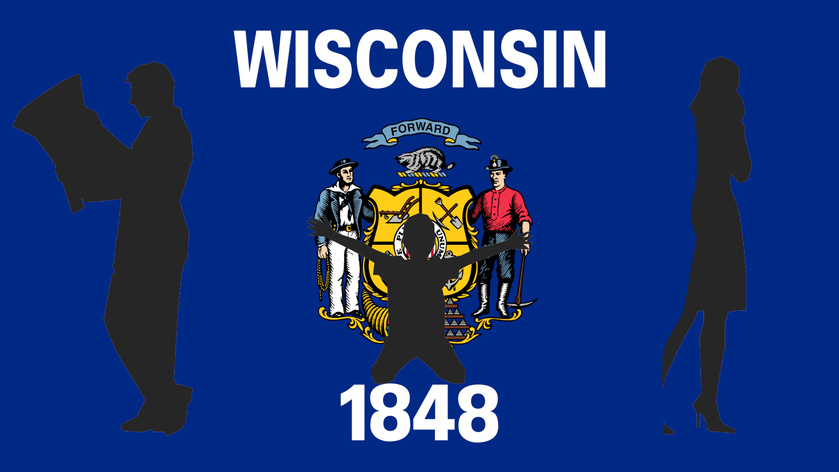
In this third installment of the three-part series on the branches of government, we look at the role of the third and weakest branch. At least that is what our Founding Fathers thought of it. What is the role of the federal judiciary? What are the extent of their powers, how do they related to the other two branches of government, and why is a proper understanding of the role of the judiciary critical if the United States is to remain a constitutional republic?
https://constitutionstudy.com/?p=8575
Who is in charge of your children? That has been a perennial question that has grown in importance over the last few years. When I was a child, it was understood that, with rare exceptions, parents were in charge of a child’s upbringing. This included medical, religious, and educational decisions. However, over the last few decades, the role of the parent in these decisions has been replaced by experts. What happens when the goal of the experts differs from those of the parents? Who decides the future of the rising generations? It was understood that the state acted in loco parentis, in place of the parents, only for the safety of the child. A recent case in U.S. District Court shows that be it health departments, child services, schools, or even the courts. Government not only believes they know better than the parents, they are more than willing to act in loco parentis tyrannis.
https://constitutionstudy.com/?p=8897
With the release of ChatGPT and other artificial intelligence (AI) applications, there has been a lot of speculation and downright assertions about our future. With over 30 years of experience in Information Technology (IT), not more than a passing understanding of AIs, I've come to the conclusion that much of what I've heard is more science fiction than fact. A recent court case decided in the D.C. District Court revolved around one very important question. Do AIs have rights?
Merriam-Webster's Dictionary defines racism as:
racism noun a belief that race is a fundamental determinant of human traits and capacities and that racial differences produce an inherent superiority of a particular race
Racism - Merriam-Webster Online Dictionary
This idea has taken many forms in American history, slavery, Jim Crow laws, eugenics, and yes affirmative action. Regardless of the euphemism you use, all of these policies are based in the idea that race is a fundamental determinant of human traits and capacities.
Recently, my wife and I rewatched the original Star Wars trilogy. There’s a line in Return of the Jedi which I think perfectly describes today’s society. “You will pay the price for your lack of vision.” - Live 4PM ET with Host Paul Engel @CyberEngel @OutLoudNews
LIVE https://buff.ly/3A9cbyK
iHEART RADIO http://bit.ly/2mBrCxE

As a child, I remember the TV asking parents, “It’s 10 o’clock. Do you know where you children are?” Some recent news articles reminded me of that saying, only not about our children, but about our Congress. - Live 4PM ET with Host Paul Engel @CyberEngel @OutLoudNews
LIVE https://buff.ly/MrC3i6c
iHEART RADIO http://bit.ly/2mBrCxE

We’ve all heard of the Nanny State, when government stops representing the people and tries to parent them. While there have been many attempts over the years for states to take over the parenting role of children, all with good intentions, of course, they never seem to learn that when the state tries to act as the parent it generally fails.













